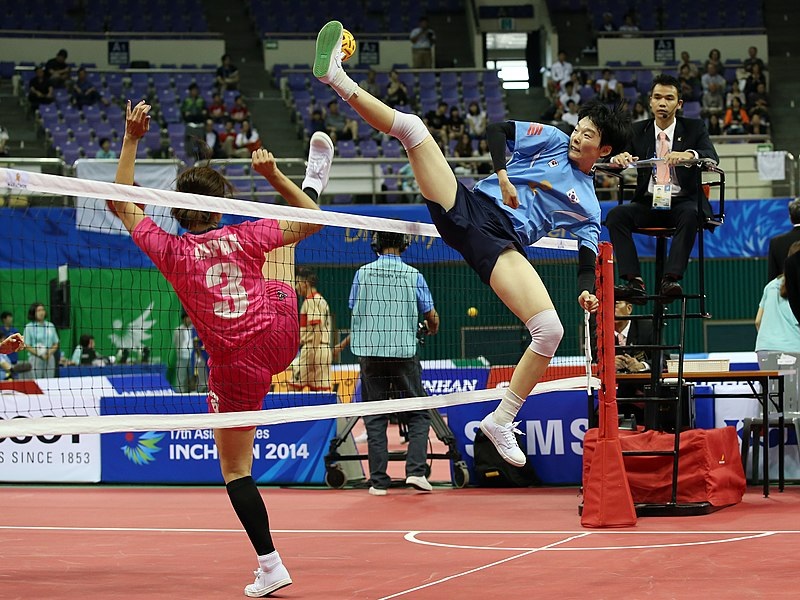Indigenous sports have been a part of human history for thousands of years. These sports are an integral part of indigenous cultures and hold significant cultural value. They are often deeply intertwined with spiritual and ceremonial practices, as well as social and political structures. In this article, we will explore the history and cultural significance of indigenous sports, highlighting their unique qualities and their importance for indigenous communities.
Indigenous sports have a rich history that dates back thousands of years. They were played long before the modern sports we know today, and have been passed down through generations of indigenous communities. Many of these sports were originally designed for practical purposes such as hunting, fishing, or farming, and over time, they evolved into more complex games and competitions

.
One of the most well-known indigenous sports is lacrosse. Lacrosse was invented by the Haudenosaunee people, also known as the Iroquois Confederacy, in what is now the northeastern United States and southeastern Canada. The game was initially played as a form of diplomacy between different indigenous nations, and it became a popular sport that was played for both recreation and competition.
Another indigenous sport that has gained popularity in recent years is the Maori sport of ki-o-rahi. Ki-o-rahi is a ball game that is played on a circular field, and it combines elements of rugby, netball, and tag. It is a fast-paced game that requires quick reflexes and strategic thinking, and it is deeply rooted in Maori culture.
Indigenous sports are often more than just physical activities. They are also deeply connected to spiritual and ceremonial practices. For example, the Inuit people of the Arctic play a traditional game called Arctic Sports, which is a series of physical challenges that test strength, endurance, and agility. These challenges were originally part of hunting and survival skills, and they are still performed today as a way to connect with traditional cultural practices.
Indigenous sports also play an important role in social and political structures. They are often used to build community relationships and to settle disputes. For example, the Mesoamerican ballgame, which was played by the Aztecs and other indigenous cultures in Mexico and Central America, was often used as a form of diplomacy between different tribes. It was also played as a form of tribute to the gods, and losing teams were sometimes sacrificed as part of the game’s religious significance.
Despite their rich history and cultural significance, indigenous sports have often been overlooked and undervalued in modern society. Many indigenous communities have struggled to preserve their traditional sports in the face of cultural assimilation and colonization. However, in recent years, there has been a growing movement to recognize and celebrate these sports, both within indigenous communities and in the wider world.
Indigenous sports have a rich history and cultural significance that is often overlooked. They are more than just physical activities; they are deeply connected to spiritual and ceremonial practices, and they play an important role in social and political structures. By recognizing and celebrating these sports, we can help to preserve indigenous cultures and promote greater understanding and respect for their traditions.

